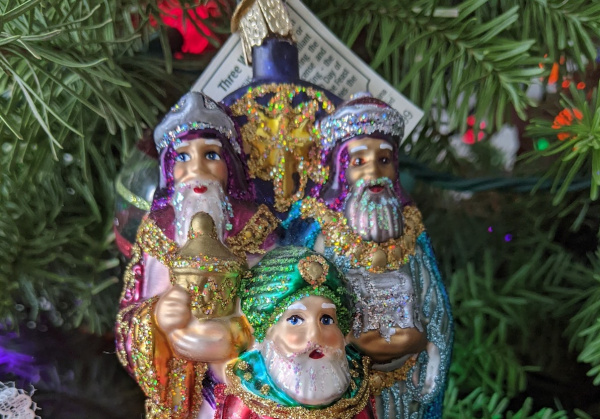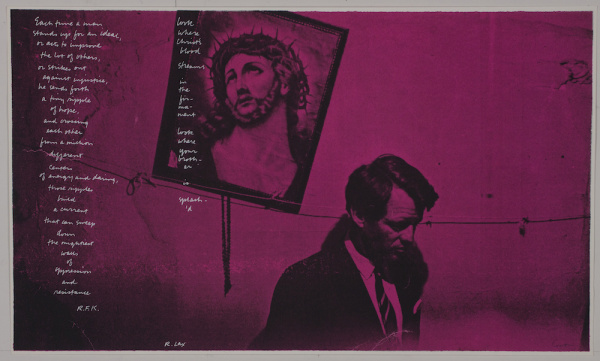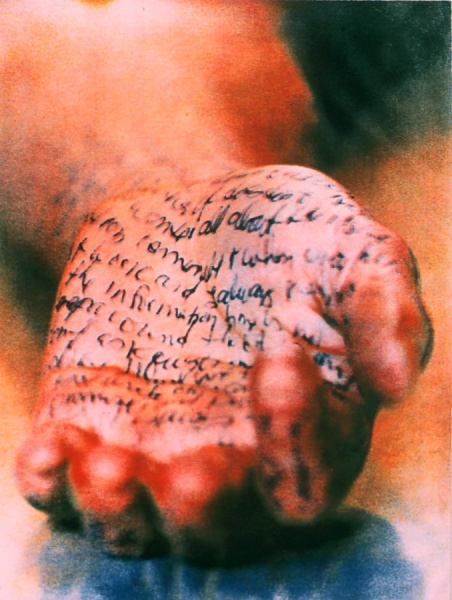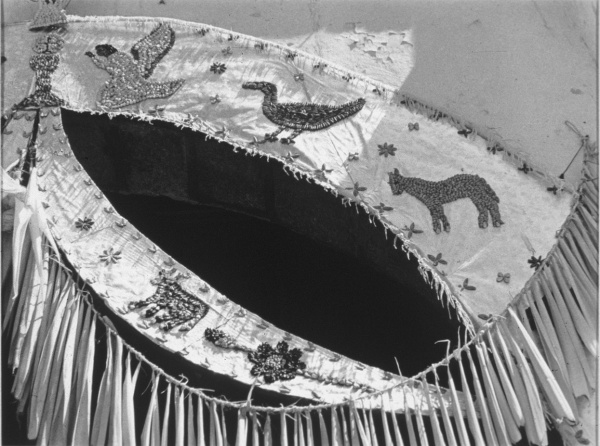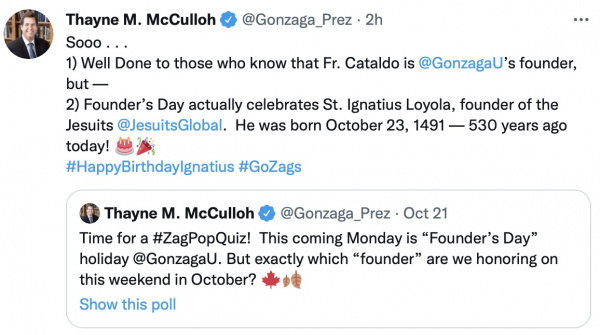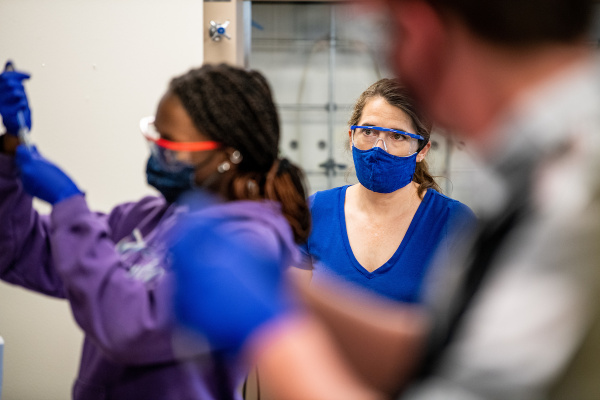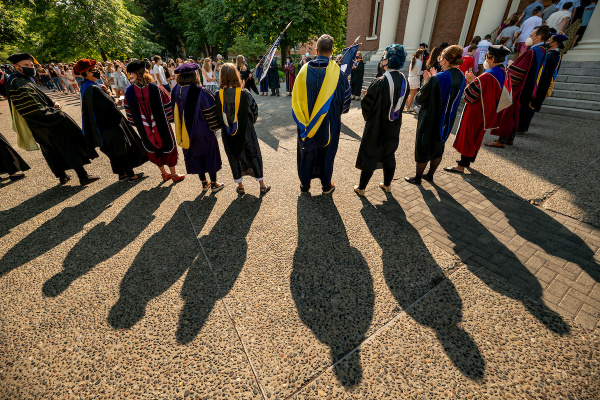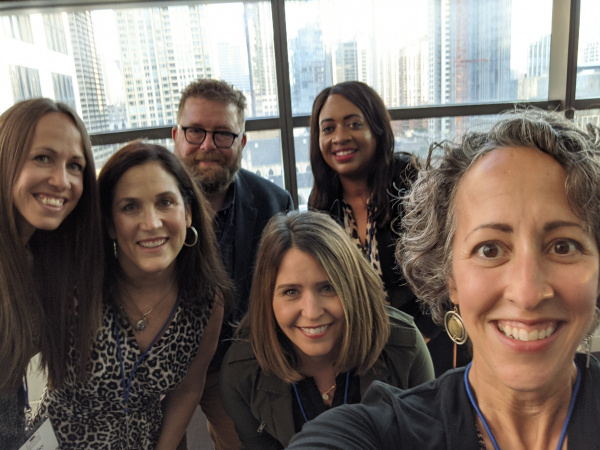“They were overjoyed at seeing the star, and on entering the house they saw the child with Mary his mother. They prostrated themselves and did him homage. Then they opened their treasures and offered him gifts of gold, frankincense, and myrrh.”
Matthew 2: 1-12
Epiphany, also known as Día de los Reyes or Three Kings Day, is one of my favorite holidays. Since the kings, or more properly, Magi from afar, This feast day commemorates when the birth of Jesus became known to the rest of the world. As a child, we celebrated Epiphany by putting a box under our beds filled with lettuce for the Magi’s camels as they passed through on their way to baby Jesus. (I never questioned why they would go out of their way to stop in New York!) In other parts of the world, children leave shoes or other containers under their beds or outside their doors, but the outcome is the same: In gratitude, the Magi would leave small gifts.
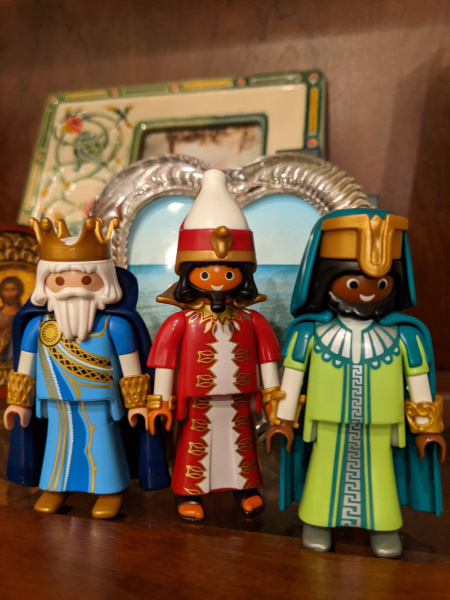
The feast of Epiphany is full of symbolism and mystery: A mysterious star appears overhead, there is political intrigue as Herod tries to use the Magi to get intel on his newborn rival, the Magi interpret dreams, and the Magi present precious but seemingly useless gifts to the infant Jesus: gold, frankincense, and myrrh. What strikes me this year is the Magi’s openness to God’s word and impelling Spirit. They were experienced seekers of knowledge, yet humble enough to accept a journey that didn’t make much sense to others.
I wonder how the Magi reacted as they began to uncover the truth of their journey. I bet they didn’t always agree when they learned something new. And each one may have discovered different elements that needed discussion with the others. Yet, they were unified in one thing: Discovering the Truth. It takes a certain amount of trust and humility to collaborate with others in truth-seeking.
Magi Spirit in the College
I like to think we are like the Magi in the College of Arts of Sciences. Each of us is trying to reveal the Truth manifested within our disciplines and life experiences. We share our learnings with our students and communities with the hope that we can make the world a better place. Sometimes what we learn doesn’t make much sense or doesn’t seem important to others, but it is still valuable in that we are all seeking the Truth.
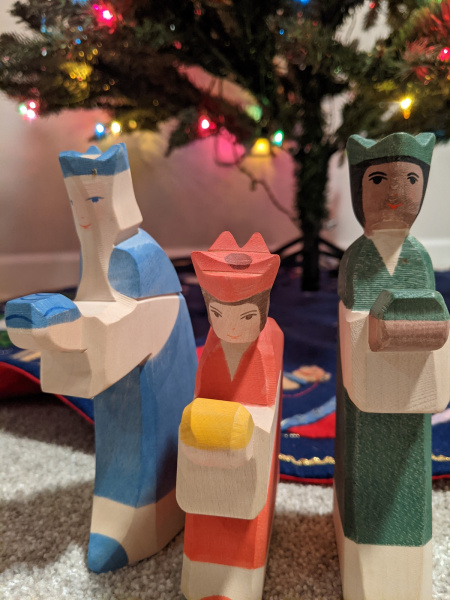
Here is a place where we can grow and be more like the Magi.
In Academia, some disciplines treat Truth like a commodity owned by the privileged few. Those who do not study the “right” topic, explore “non-traditional” or applied questions, or whose work spans the boundaries of disciplines may be denigrated or silenced. They are not “serious scholars.” This is called epistemic exclusion, and it is a way for some to maintain power and control in a discipline or their departments. I have witnessed this pattern at Gonzaga at times, and I argue that this is a fear-based response that has no place here. Putting down others because of what they study is antithetical to our mission. Because a core feature of our Jesuit mission and Ignatian spirituality is to seek freedom, we should welcome Truth in all its forms as a gift, as well as the gift-bearers, our precious colleagues.
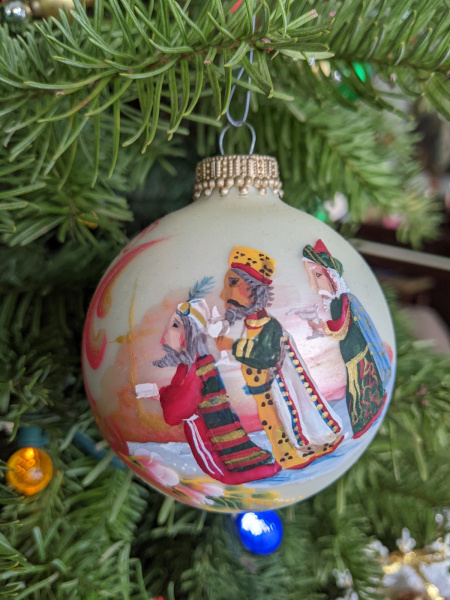
As we move into a new year, let’s embrace the spirit of Magi. I know many of you are already doing this in your work on community agreements (i.e., how we treat each other in our departments) and policies and procedures (i.e., how we make decisions and who gets to participate). Like the Magi, we are all on the same journey. We each have gifts that contribute to the greater good, including our scholarly and creative work. We must cultivate humility to value the gifts others bring to our creative and intellectual enterprise. Imagine what we can give to the world if we can do this!
